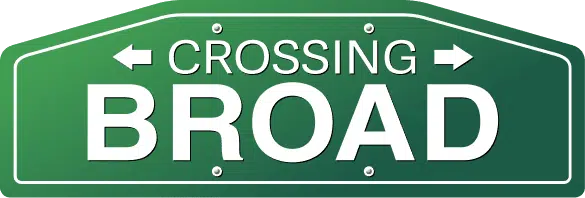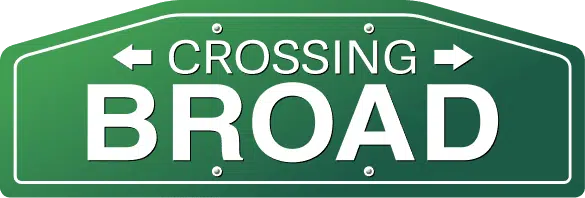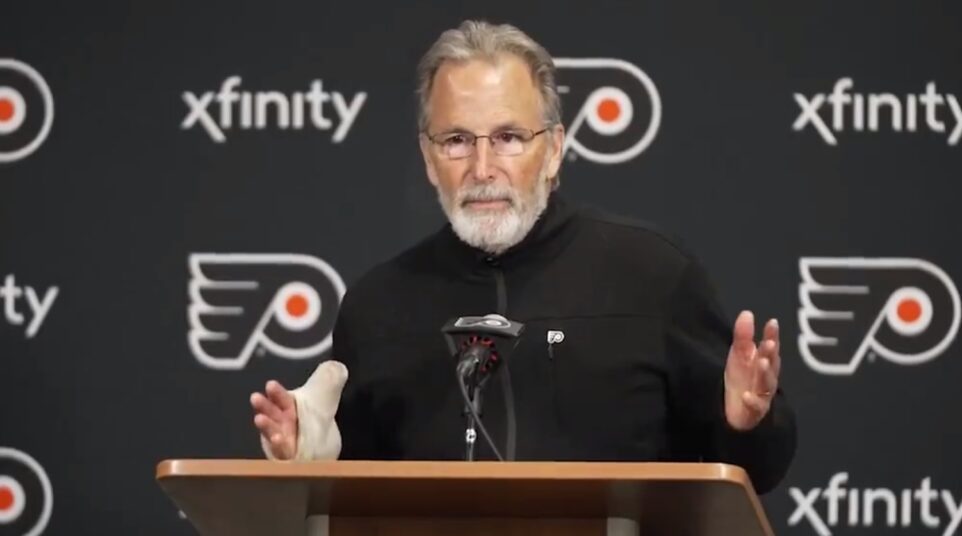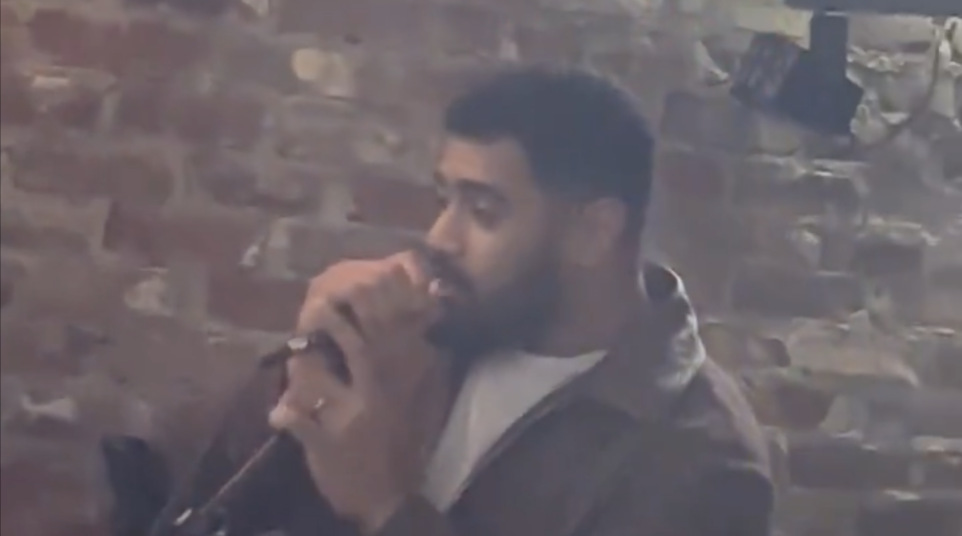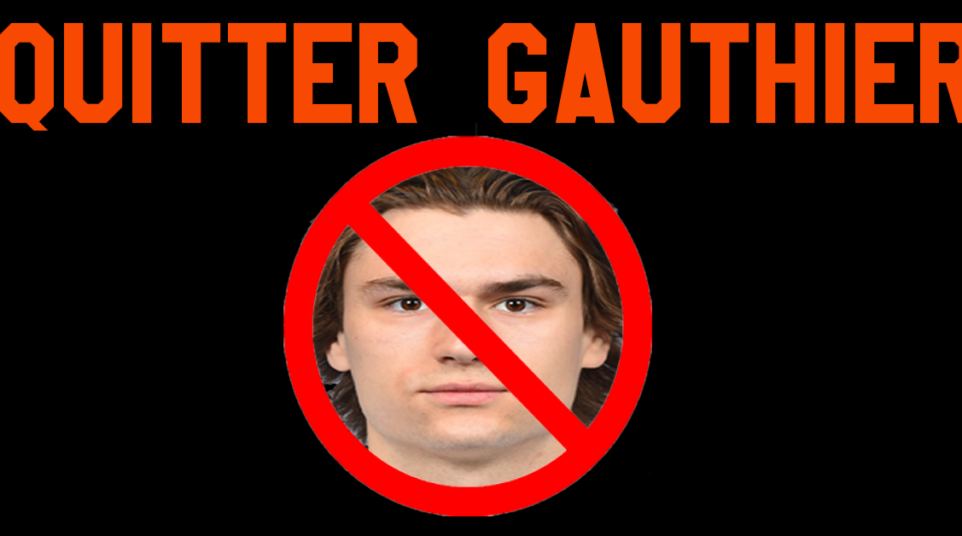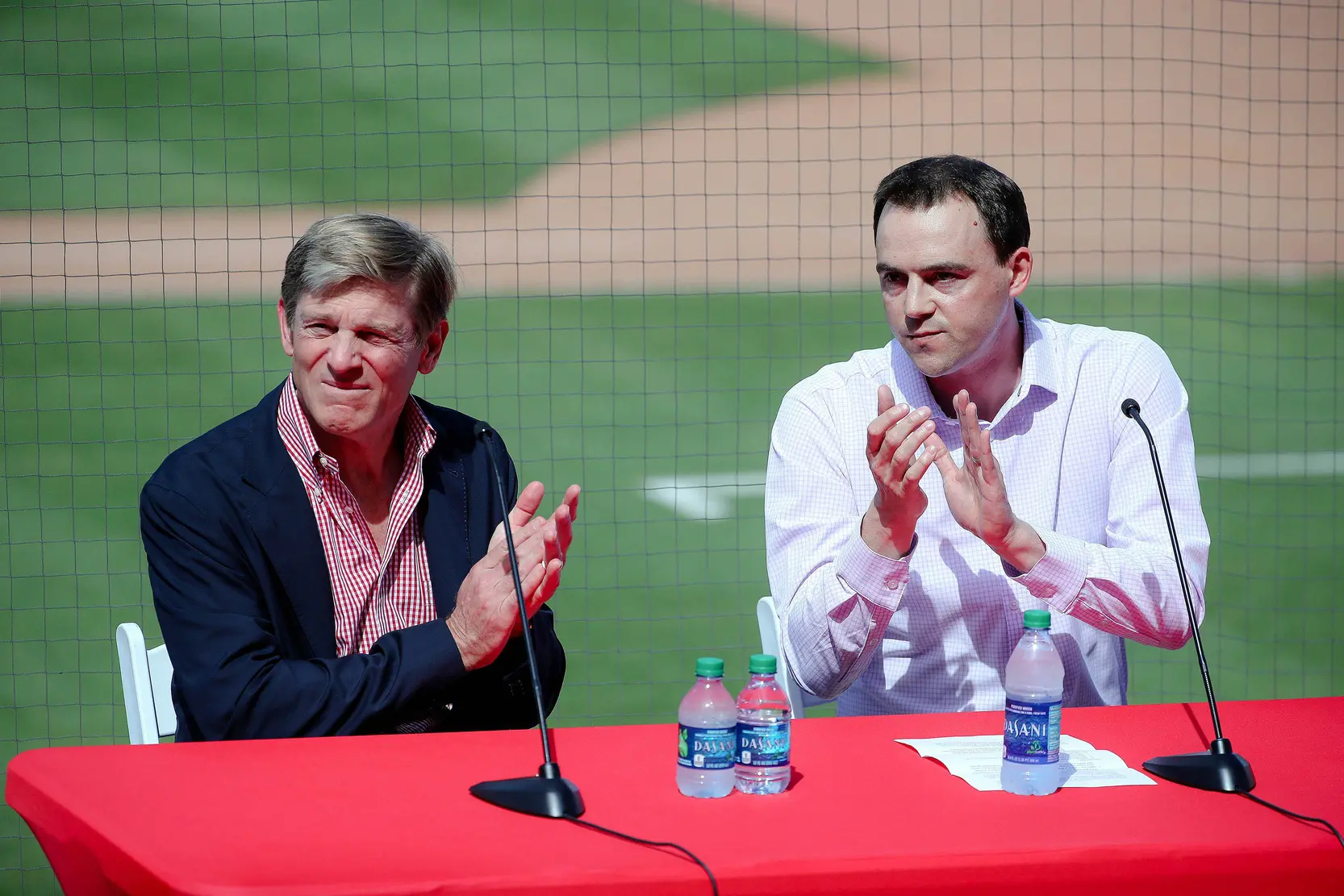
You Could Be The Phillies' Next Quantitative Analyst
Looking for a job? Ever think to yourself, “boy, I’d love to calculate decades of launch angles for extended spring training minor leaguers who never have a shot at touching the majors and input them into a system that nobody will care about” and not have the desire to then crush your skull with an axe handle? Well then the Phillies want YOU to be their next quantitative analyst to shape the direction of a major league franchise with your trusty slide ruler and the power of statistics.
Posted a week ago on LinkedIn, the Phillies are desperate to bring in another nerd to their stable to spend countless hours inputing millions of pieces of data to ultimately help identify the best trade candidates Matt Klentak can fail at landing to improve his ball club.
Frankly, it sounds like a real “home run” of an opportunity. Let’s see what the Phillies are looking for in a candidate after the jump.
First off, the mere fact the Phillies posted this job opportunity on LinkedIn should raise red flags. Successfully run sports franchises don’t look for employee candidates on the job website that first comes to mind for everyone’s 67-year-old aunt.
So what are the Phillies seeking? Let’s run through this.
As a Quantitative Analyst (QA), you help shape The Phillies Baseball Operations strategies by processing, analyzing, and interpreting large and complex data. You do more than just crunch the numbers; you carefully plan the design of your own studies by asking and answering the right questions, while also working collaboratively with other analysts and software engineers on larger projects.
Fun! Your first project will be to ask Gabe Kapler how many industrial-sized tubs of coconut oil he’s run through this season to relieve the stress of the worst year of his professional life and to crunch the numbers on the most efficient way Jean Segura can re-tear Andrew McCutchen’s ACL when he returns next season.
Using analytical rigor, you work with your team as you mine through data and see opportunities for The Phillies to improve. After communicating the results of your studies and experiments to the GM and executive staff, you collaborate with front office executives, scouts, coaches, and trainers to incorporate your findings into Phillies practices.
I’m sure you’ll actually be doing none of this. Just lie on your resume and say you can use powerpoint and Microsoft Office like the rest of us and you’ll be fine.
But in reality this will be your life if you land this job. Do you like baseball? Great! Have a good time computing data in a musty basement for the next 40 years and be far too busy to ever see a baseball field again. If you’re smart, though, I’m fairly confident you could make up 99% of the statistics you have to use for your “findings.”
Nobody needs a 25-page analytical doctrine to determine if Vince Velasquez is an effective pitcher, you just need to see him struggle to get through three innings without throwing 100 pitches and giving up four or more earned runs to understand he shouldn’t be in next year’s rotation. Just throw some bullshit on a word document, jazz it up with some clip art, double-space, reduce the margins and tell Klentak that Velasquez “really needs to limit the hitter’s launch angles” and needs to “keep the ball up” early in the count if he wants to “maximize his statistical proficiency” and not suck.
Identifying the challenge is only half the job; you also work to figure out and implement the solution.
Here’s the first challenge I’ve identified…. how long do you think I could put Klentak in a sleeper hold before he passes out? I’ll “work to figure out and implement the solution” on my first day and hope security doesn’t find his dazed and concussed body before I’ve fled the premises.
Hell, despite not having a deep understanding of analytics and statistics, I’m beginning to think I’d be perfect for this job. I’ve often been described as the “bad boy” of my quantitative analyst group, and while my methods may seem unsound, they get the job done. You think this team wouldn’t have called Keuchel on my watch? Dallas and I would have been out ripping Marlboro Reds in the Jetro Lot on the hood of my 1967 Pontiak GTO, listening to REO Speedwagon and coming to a gentleman’s agreement on him pitching for the Phillies.
What else are they looking for?
Interested applicants should submit both their resume and an answer to the following question:
Suppose you could trade your top pitching prospect (currently in a lower minor league level) for a young, all-star position player currently in the Major Leagues. How would you decide whether to make the trade? (250 word limit)
Tip: There’s no defined right or wrong answer. Responses are used to get some insight into how you approach problem solving and baseball in general.
Oh, now I see. It’s all so clear to me now. The Phillies are second-guessing their decision to trade Sixto Sanchez for JT Realmuto and are looking for FREE LABOR on how to rectify the situation. I think NOT. Here’s my answer… it’s none of your goddamn business on what I would do. Hire me and I’ll fill you in on my wisdom. The only insight I’ll give you is my hammer fist into the soft-fleshy region of your throat. Was that under 250 words?
Damn, I think I have this in the bag, but if you’re still interested in applying you can check out the listing on LinkedIn or go the extra mile and run out onto the field of the next Phillies home game and give your resume to Bryce Harper himself. Really show your commitment to the franchise.
